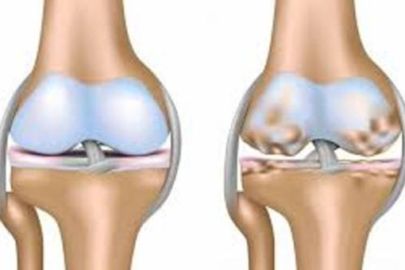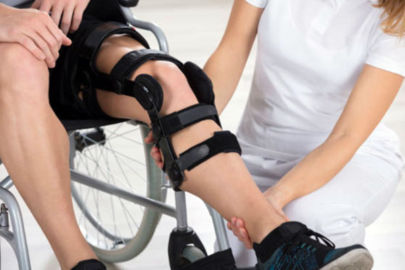
The risk of complications depends on the severity of the injury. The pelvic bones themselves generally heal well and full mobility usually returns after healing has occurred, although there are some exceptions to the present.
The immediate one:
Severe pelvic fractures are life-threatening injuries. The best risk is thanks to immediate blood loss, particularly within the period before emergency care begins. Other possible early complications (within the primary few days to weeks) include infection, wound healing problems, blood clots, further bleeding and damage to internal organs.
Length of the fracture:
When the fracture runs through the socket this will leave the hip working less well. This will affect mobility too, and further surgery could be needed.
Limp walk:
You may walk with a limp for several months, particularly if the muscles around your pelvis were damaged. These muscles may take an entire year to become strong again.
Nerve damage:
Where there’s nerve damage at the time of pelvic fracture, some nerve damage will remain and should affect your long-term mobility. The severity will vary counting on precisely what went on. Long-term physiotherapy and rehabilitation with walking aids may help things improve slowly. For pelvic acetabular fractures treatment in Indore, reach us out.


